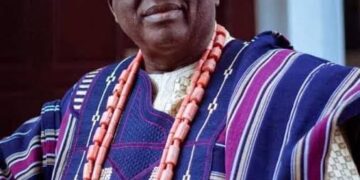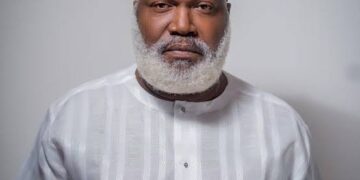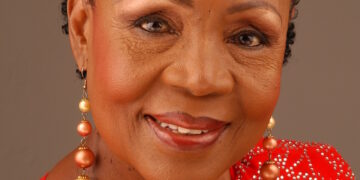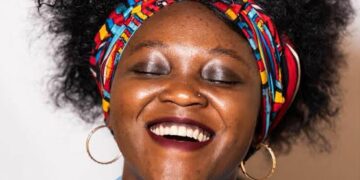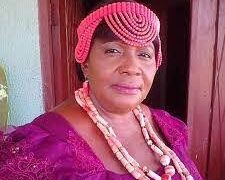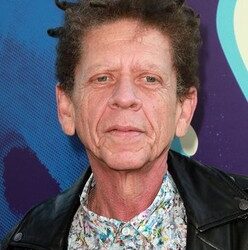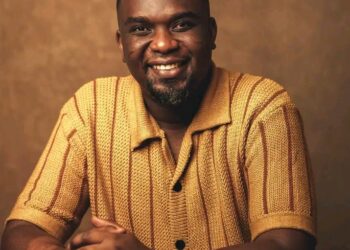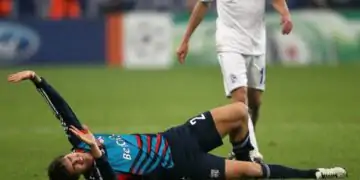Kola Oyewo, born on March 27, 1946, is a highly respected figure in the Nigerian entertainment industry. With a career spanning decades, he has made a significant impact as an actor, dramatist, and scholar. Known for his exceptional talent and dedication to his craft, Oyewo has captivated audiences with his performances on stage and screen. As a scholar, he has also contributed valuable insights to the study of theatre and performance in Nigeria. Throughout his illustrious career, Oyewo has become a revered figure in Nigerian theatre, earning the title of a veteran in the industry.
Profile Summary
| Full Name | Kola Oyewo |
| State of Origin | Osun State |
| Place of Birth | Oba Ile, Osun, Nigeria |
| Profession | Actor, Dramatist, Scholar |
| Net Worth | $100,000 – $800,000 |

Early Life and Education
Kola Oyewo was born on March 27, 1946, in Oba Ile, a town located in Osun State, Southwest Nigeria.
After completing his studies at Obafemi Awolowo University, Kola Oyewo earned certificates in dramatic arts and Yoruba oral literature. He later obtained a Bachelor of Arts (B.A.) degree in Theatre Arts from the same institution in 1995.
Furthering his education, Oyewo pursued postgraduate studies at the University of Ibadan, where he obtained a Master of Arts (M.A.) and a doctoral degree (Ph.D.) in drama. His dedication to academic excellence and passion for the performing arts have shaped a career that combines scholarship with artistic expression.
Career

Kola Oyewo embarked on his professional acting career in 1964, when he joined the renowned “Oyin Adejobi theatre group.” His debut role as Adejare in Orogun Adedigba, an adaptation of Oyin Adejobi’s autobiography, showcased his immense talent and marked the beginning of a successful career in the performing arts.
Oyewo later collaborated with the University of Ife theatre, where he had the privilege of working with the esteemed dramatist and scholar, Chief Ola Rotimi. It was during this time that he gained recognition for his portrayal of “Odewale” in the iconic drama, The Gods Are Not to Blame, written by Ola Rotimi.
In 1996, Oyewo transitioned into academia and joined Obafemi Awolowo University, where he excelled as a senior lecturer until his retirement in September 2011.
Undeterred by retirement, he continued to share his knowledge and passion for theatre by joining Redeemer’s University, where he currently holds the position of head of the department of dramatic art. Additionally, Oyewo imparts his expertise as a performing arts lecturer at Elizade University in Ilara-Mokin, Ondo State.
Through his multifaceted career as an actor, scholar, and educator, Kola Oyewo remains a distinguished figure in Nigerian theatre, leaving a lasting impact on both the stage and academia.
Personal Life

Kola Oyewo’s personal life reflects both his family background and his journey as a father. He became a father at the young age of 21, but tragically lost his first child six months after birth. Later, he and his wife welcomed another son, Adewale, followed by four more boys.
His late wife, Modupe, played a significant role in encouraging his academic pursuits and supporting his acting career. Oyewo’s upbringing in a royal family and his experiences growing up in a disciplined household have shaped his character and career in the arts.
Kola Oyewo Net Worth
Kola Oyewo, a veteran actor, dramatist, and scholar, is believed to have a net worth ranging between $100,000 and $800,000. His long and successful career in the Nigerian entertainment industry has not only garnered him critical acclaim but also financial success. Oyewo’s diverse talents and contributions to the field of theatre have solidified his position as a respected figure in the industry.
Filmography
- Sango (1997)
- Super Story (episode 1)
- The Gods Are Not to Blame
- Saworoide (1999)
- Koseegbe (1995) as Mako
- Yemoja (2011) as Osi
- Omo University (2015) as Vice Chancellor
- Ayomi (2015) as Chief Olalere
- Ewon Laafin (2015) as Oludeti
- Ofeefe – Mirage (2019) as Baba Morenikeji
- Oba Bi Olorun (2021) as Balogun
- Oosa Aafin (2022) as Oluawo
- Olukoti (2022)
- Ogeere (2023)





